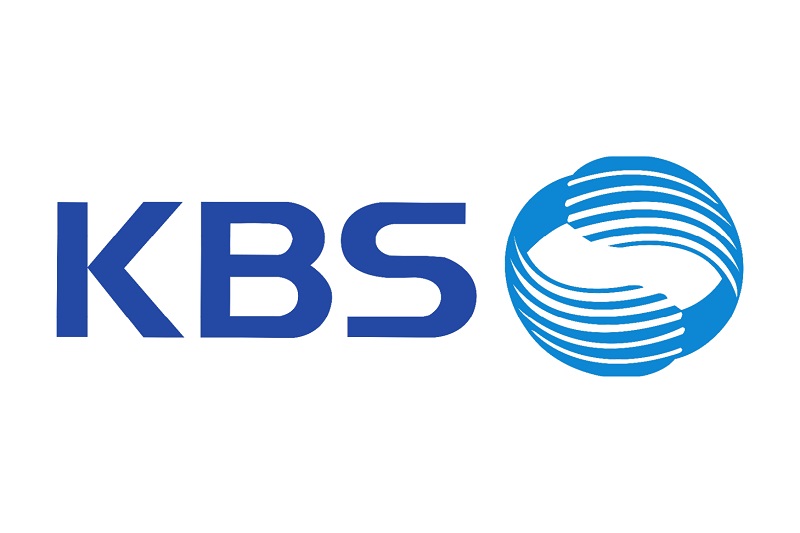
Future of South Korea’s KBS in doubt as government wants to alter funding mechanism
The future of the Korean Broadcasting System (KBS) is under threat as the South Korean government wants to alter its funding mechanism, a public service media advocacy group recently warned.
The Global Task Force for Public Media, which counts KBS, the BBC and CBC among its members, has raised warnings over plans to change legislation, stressing it could lead to “an existential crisis” for the public service broadcaster.
Under the controversial plans, the government intends to separate the collection of KBS’s licence fee from electricity bills. In an effort to stop the move, KBS has filed an injection against the Korea Communications Commission.
Under the existing system that has been in place for almost three decades, every Korean household with a TV receiver is charged $1.91 a month for a bundle on top of their electrical services. KBS argues the plans would do it substantial harm.
Keep Reading
The public service broadcaster fears changing the current system would likely lead to a major drop in its revenue pot and make its public service mission more challenging. The Global Task Force’s recent statement goes in line with this analysis.
The group fears the new plans would introduce chaos to KBS and make it “crippled financially”. The changes would risk its programs and services to the people of South Korea, while making it unable to fulfil its public service mandate.
KBS has been a member of the Global Task Force since 2020. It celebrated its 50th anniversary this year. “We hope that KBS’s financial stability and ability to operate are assured,” said Global Task Force Chair and CBC-Radio Canada CEO Catherine Tait.
Any public media organisation’s success relies on sustainable public funding that backs its organisational as well as editorial independence, Tait stressed. It’s no doubt issues of impartiality and migration to global streaming services are hurting public service broadcasters worldwide.




